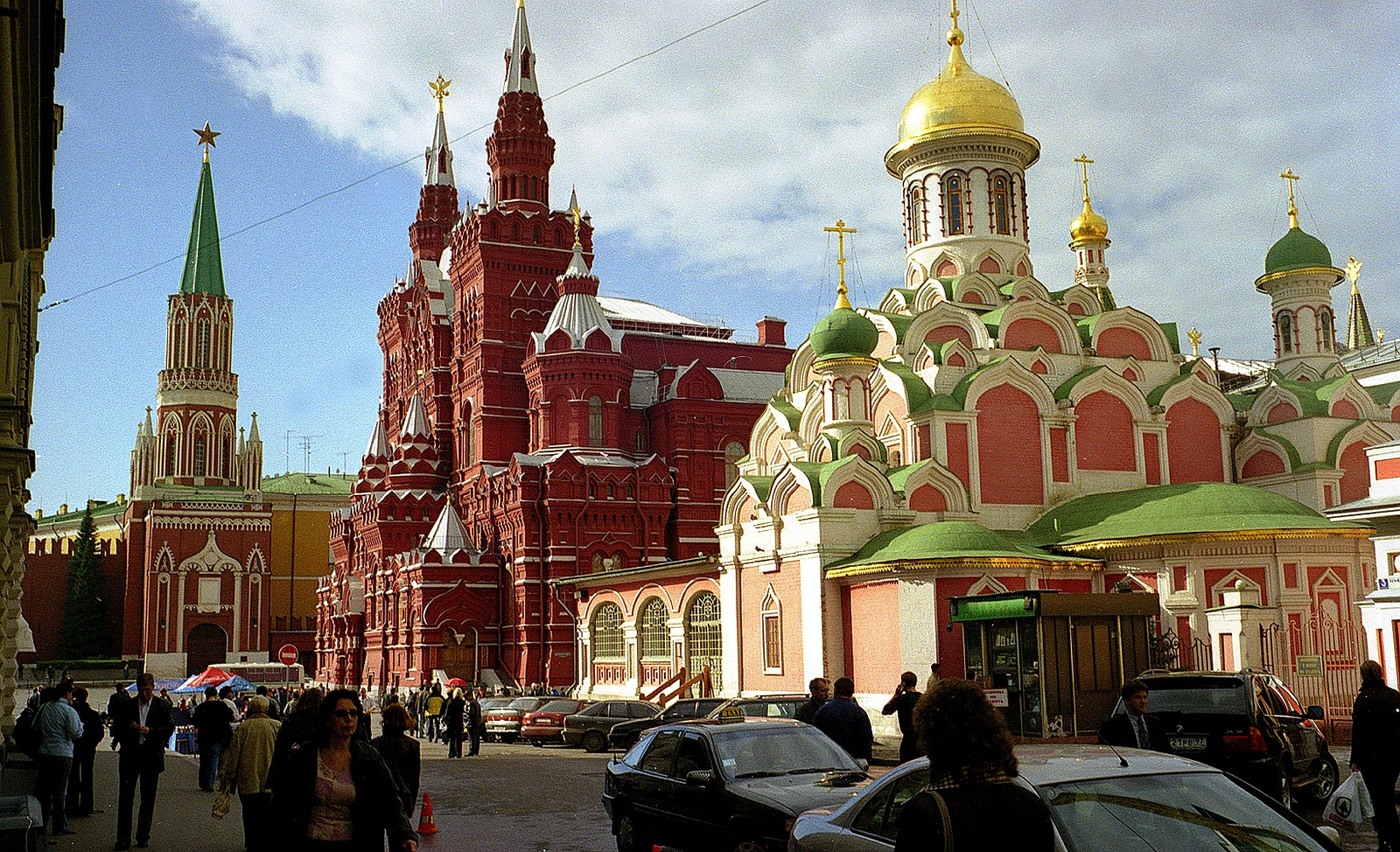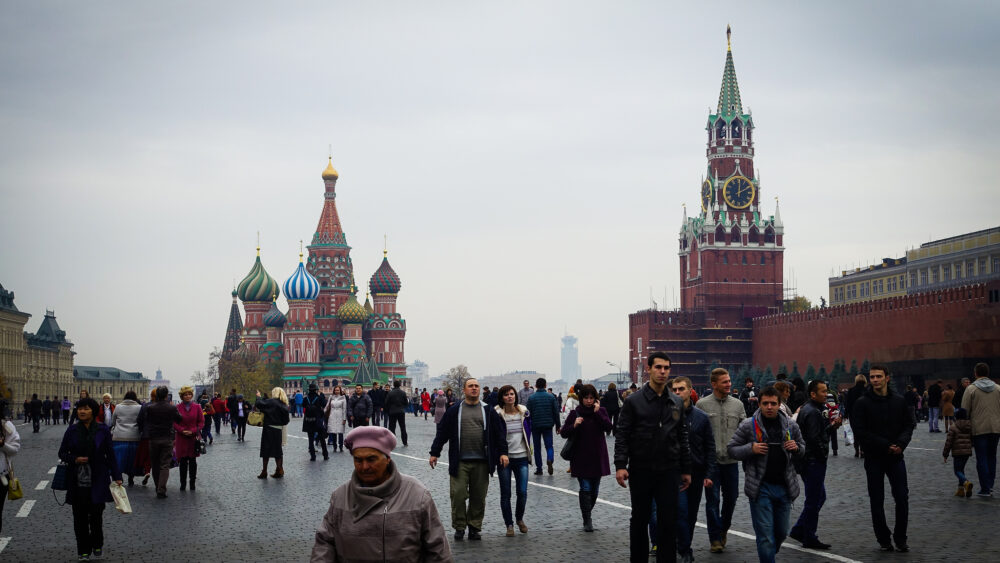Russian president Vladimir Putin has approved a new suite of anti-terrorism laws that appear to severely restrict evangelism and missionary activity which will come into effect this week.
Under the new laws to be enacted on July 20 it will be illegal to share the Christian faith in homes or anywhere except recognised church buildings. Surveillance of Internet activity will be ramped up, with Russian Christians no longer allowed to send email invitations to any event designed to recruit a person into a religious group. Fines will be up to US$780 for an individual and $15,500 for an organisation.
“The proposed changes limit believers’ religious private life,” said a letter of appeal from some Protestant Churches in Russia. “The obligation on every believer to have a special permit to spread his or her beliefs, as well as hand out religious literature and material outside of places of worship and used structures is not only absurd and offensive, but also creates the basis for mass persecution of believers for violating these provisions,” the letter goes on to say.
“Soviet history shows us how many people of different faiths have been persecuted for spreading the Word of God. This law brings us back to a shameful past.”
…We still need to tell people about [God] because it is our Life, it is our DNA. We can’t keep quiet and live in fear. He talked about how [God] will embolden us and give us the strength to proclaim truth, even to the powers that be, if need be.
The laws have been condemned by the Vatican, Human Rights Watch and Joel Griffith of the Slavic Gospel Association says, “There are potentially very wide-sweeping ramifications to this law. It just depends on, again, how it is going to be enforced and that is a very huge question mark.” World Watch Monitor has posted this list of responses to the laws.
Simon and his wife Brenda are former Australian missionaries who served in Russia for seven years in the early 2000s. Simon says he saw local Russian believers harassed by police in a Muslim part of the country during his time there. These new laws would be an intensification of what has been happening across certain parts of Russia for well over a decade.
But he says that the claims of oppression and persecution following this latest suite of laws may not be realised.
“Three churches I know have had church buildings since the late 1990s, operating quite publicly and openly, and as far as I understand they are going to continue to do that,” says Simon.
The new laws restrict meeting together outside recognised church buildings, but Simon says, “public square engagement has always been fairly limited. No one has ever really been able to use public buildings. You could never just go and hire a building or a public school [for a religious meeting].”

So it could become difficult to buy a new space, but “protestant churches are recognised as official church buildings and official denominations, as far as I know,” says Simon.
“There’s a sense [amongst our Russian friends] that we’ll just continue doing what we have always done. We’ll talk to people and invite people to come to things. Life will go on.”
Edith is an Australian missionary currently serving in Russia. In a prayer letter she writes, “Some parts of the law are being re-iterated with bigger sentences and other aspects are new. [Our pastor] urged us not to worry about the fines that would be too big for any of us to pay.
“He said we still need to tell people about [God] because it is our Life, it is our DNA. We can’t keep quiet and live in fear. He talked about how [God] will embolden us and give us the strength to proclaim truth, even to the powers that be, if need be.”
“[Our pastor] reminded us that we need to be law-abiding citizens but that also if the state law contradicts a higher law, that we need to obey [Jesus]. He said we need to know the law and not transgress it naively, but that if we do transgress it, we must be willing to accept the punishment,” writes Edith.
Email This Story
Why not send this to a friend?




